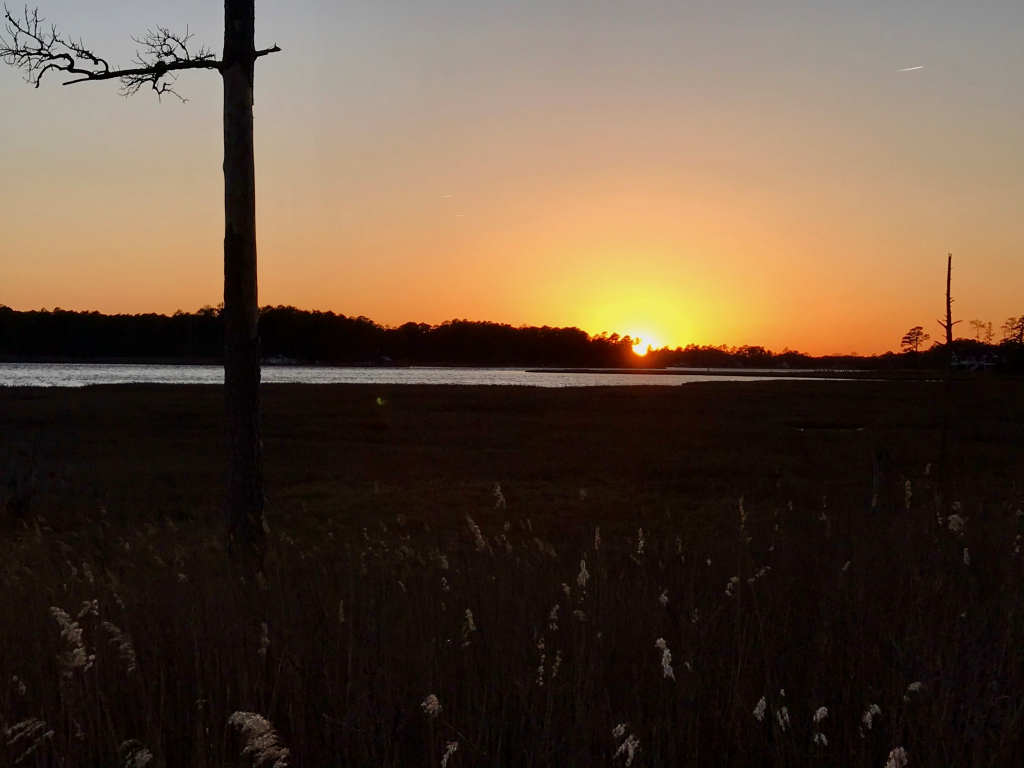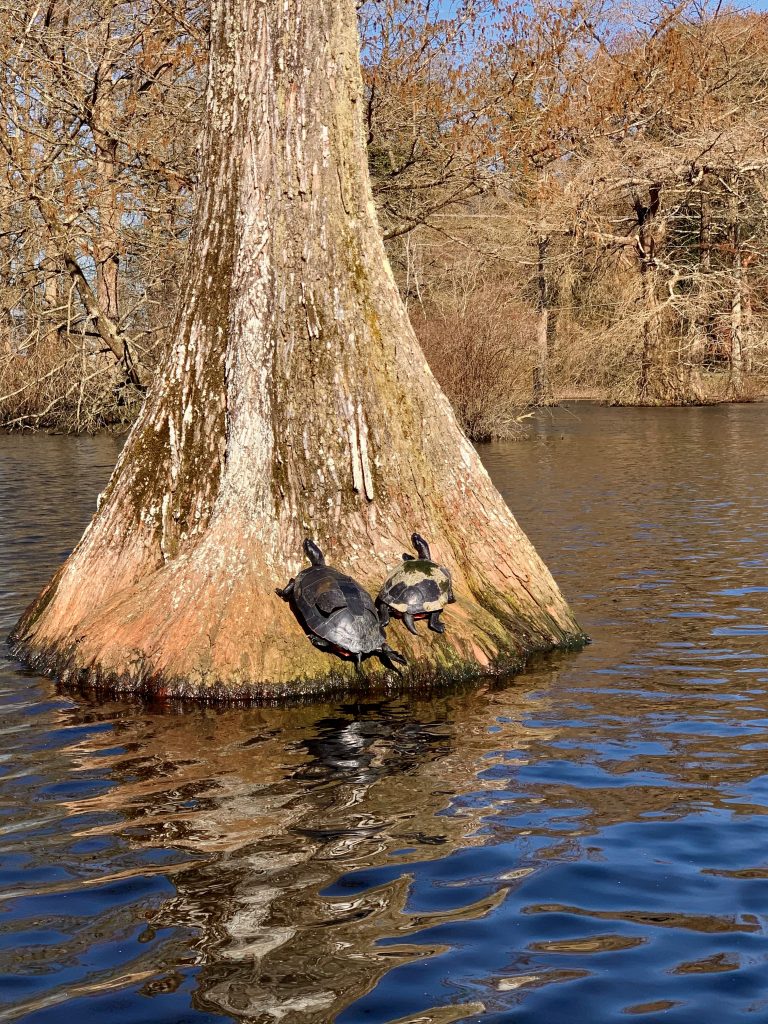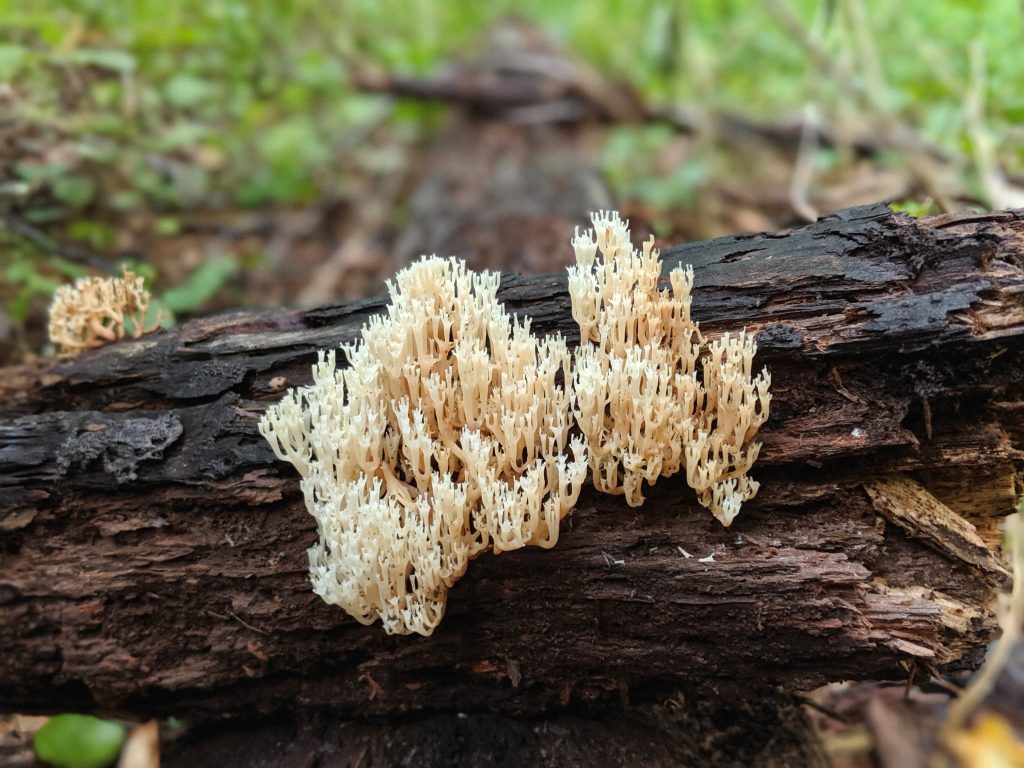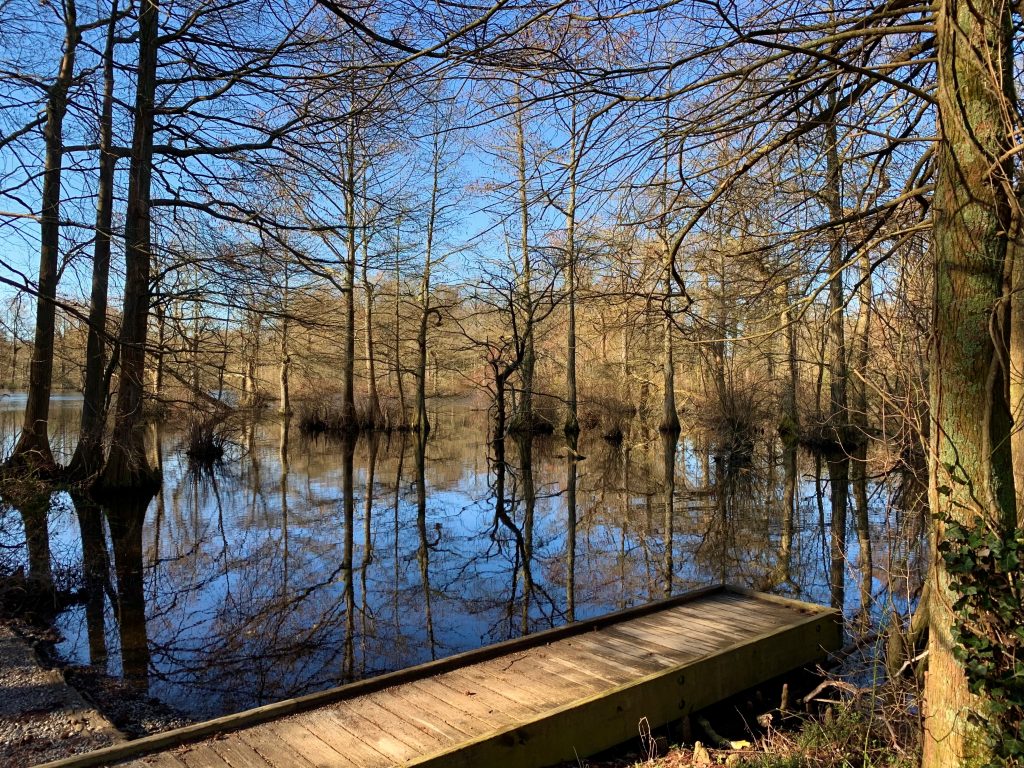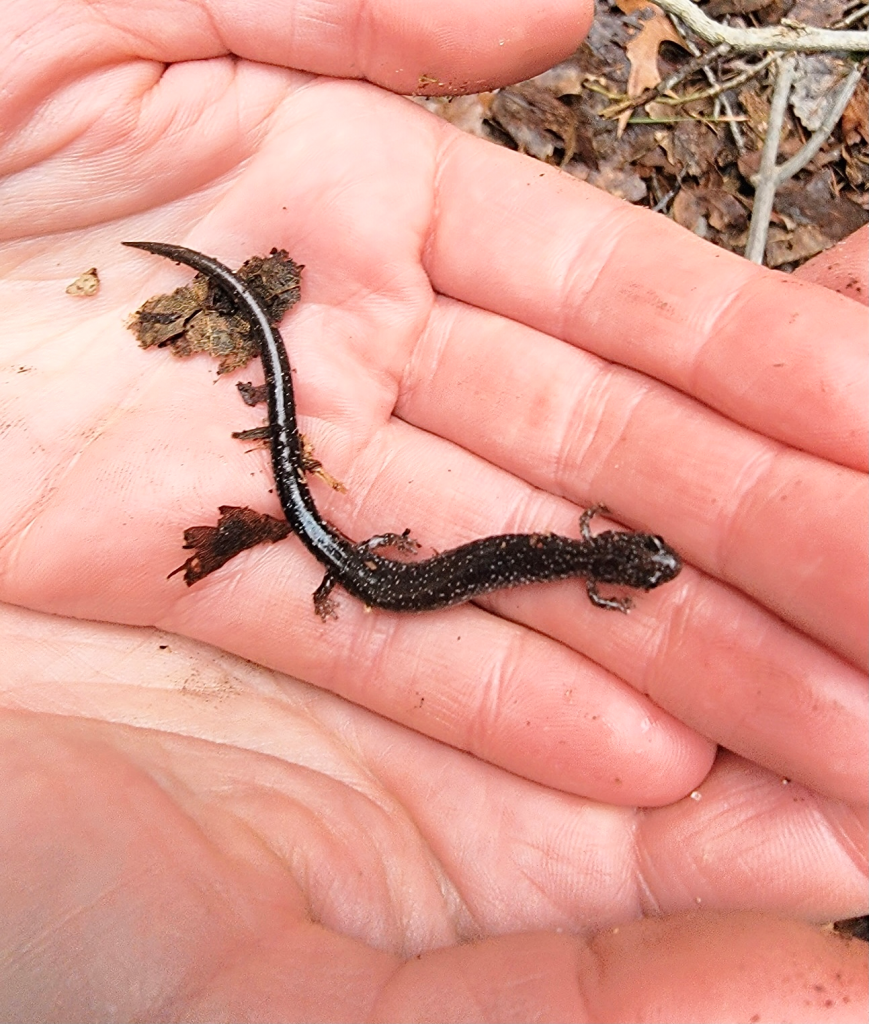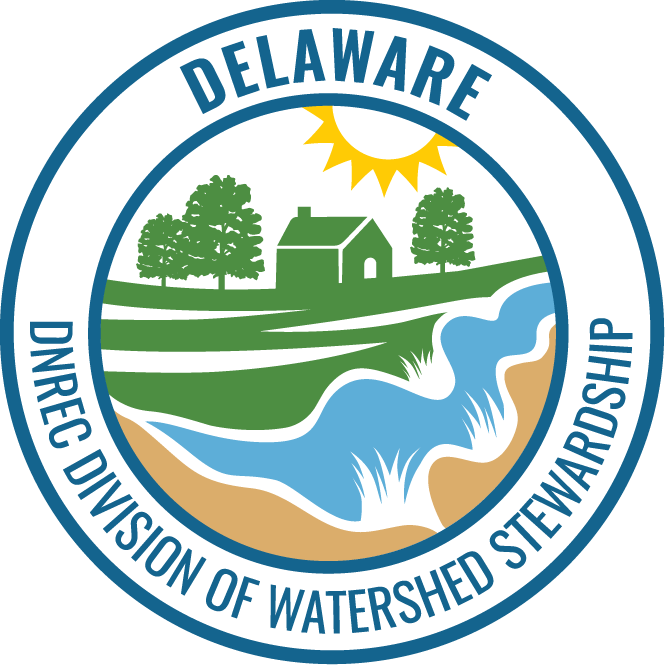
Facebook Twitter Instagram YouTube RSS Feed
Written on: May 17th, 2021 in Outreach
By Olivia McDonald, Wetland Monitoring and Assessment Program (WMAP)

Happy American Wetlands Month!
During the month of May we celebrate the incredible importance of wetlands to the environment and humans alike. Wetlands are ranked as one of Earth’s most productive ecosystems, supporting an incredible amount of biodiversity, and are considered a nature-based solution to climate change. These ecosystems even play a vital role in our country’s economic and social health. Wetlands can be found all across the United States and can include marshes, swamps, deltas, mangroves, and floodplains, just to name a few. On a more local scale, almost anywhere you stand in Delaware puts you within one mile of a wetland. The future of our First State and its natural resources depend on the functionality and benefits wetlands provide. Listed in this blog post are reasons for the importance of better understanding and protecting these ecosystems in our community; 5 reasons to love wetlands.
1. Wetlands improve water and air quality
You can think of a wetland much like a human’s kidney, trapping and filtering pollutants before they reach a destination. Without wetlands, hazardous chemicals and harmful nutrients could enter ecosystems such as bays, rivers, and beaches regularly without any filtration or barrier. According to the National Oceanic and Atmospheric Administration’s (NOAA) Office of Response and Restoration, wetlands absorb 8.1 million tons of carbon dioxide each year from the atmosphere. Here in Delaware, clean water and air play a major role in ecotourism, as well as our everyday lives.
2. Wetlands support species biodiversity
The term biodiversity simply put means all the different types of life you’ll find in one area. The greater variety in a species or ecosystem, the better natural sustainability that area will have. Wetlands habitats have aquatic plants, wetland soils, and evidence of water at or near the surface, including during the growing season. With those environmental factors comes more variety of species, complex food chains, and unique plants. In turn, wetlands then provide shelter, food, breeding ground, and water for a wide diversity of flora and fauna.
3. Wetlands protect the coast and communities
Wetlands act like sponges and hold very large amounts of water over large areas. During storm events, these ecosystems capture rain and flood waters slowing movement to later release the water downstream. Wetlands also act as erosion control by stabilizing shorelines and preventing the movement of sediment. According to the Delaware Department of Natural Resources and Environmental Control (DNREC) a one-acre wetland can store 330,000 gallons of water to a depth of one foot. Protection like that against coastal flooding and erosion in Delaware critically protects our homes and property.
4. Wetlands support the economy
Whether it’s commercial seafood harvest, or recreational fishing, coastal wetlands provide habitat that create financial benefits. At WMAP we estimated that 85-95 percent of our recreationally or commercially important coastal fisheries rely on tidal wetlands as a place to shelter and grow young. Hundreds of thousands of jobs depend on these valuable ecosystems for economic stimulation. In Delaware, these wetland areas draw locals and tourists alike to contribute to a multi-million dollar outdoor economy.
5. Wetlands are good for us
We’re lucky enough to live in a time where natural beauty is never too far away. Wetland habitats are intricate landscapes, with an abundance of plants and animals, that can be in our backyard or down the street. More time outdoors in natural environments means better health and well-being. Get outside and see your local wetland. Discover for yourself all the reasons why these ecosystems are immensely special to wildlife, our communities, and our individual understanding of the world around us.
